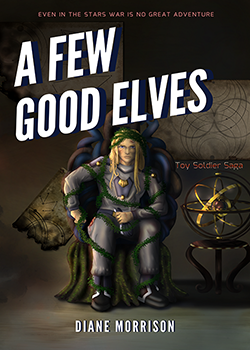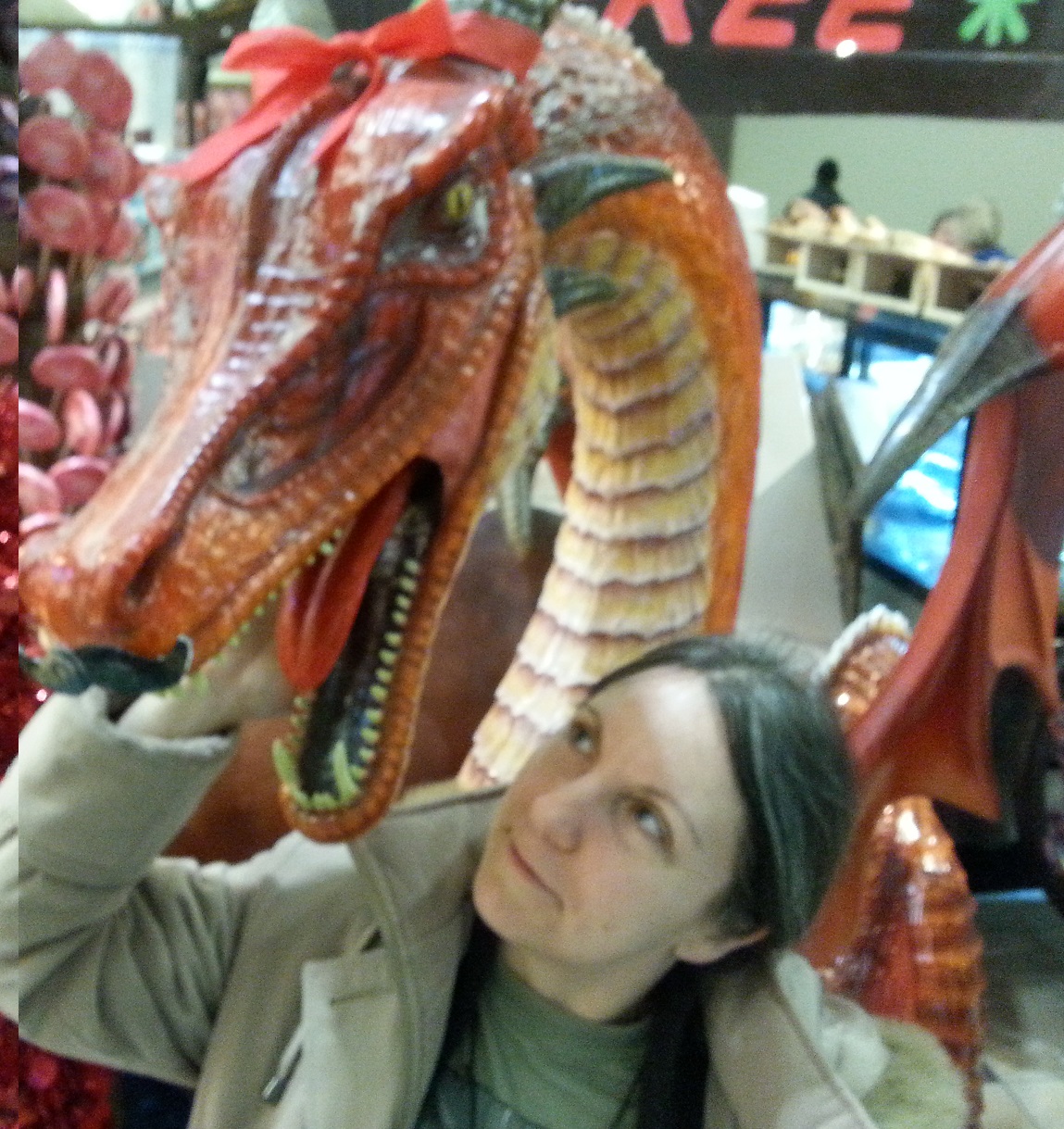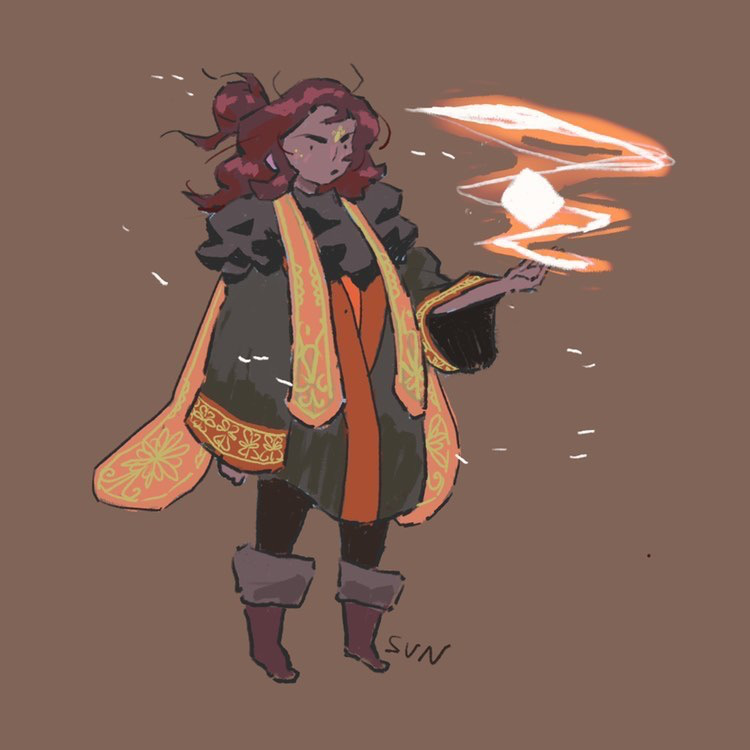Star-Pilot
Necessary for all space travel, Star-Pilots are perhaps made a bit strange by their profession
Career
Qualifications
Career Progression
“Mr. Sunfall,” the Admiral said, “Mr. Oakheart tells me that you have demonstrated an aptitude for magic. I understand you created a lesser elemental to aid you with barnacle-scraping?” This was not what Shaundar was expecting. “Av, elan,” he admitted as he studied his father with a wary gaze. Admiral Sunfall smiled. “I’m pleased that you seem to have finally found something aboard ship that suits you! Mr. Oakheart says that he’d like to show you the ropes of Piloting. Is that something that would interest you, Mr. Sunfall?” Shaundar could hardly believe it. Really? They were going to let him Pilot? “It sure would, sir!” His face cracked into a grin.
Avalonian Imperial Navy
In the Avalonian Navy, promising young mages and sorcerers are offered training in Piloting when those skills are recognized. Alternatively, they may request Star-Pilot training, and will be offered the opportunity to try out. Pilots who show exceptional talent may also apply to, or be invited to, the Avalonian Navy Elite Flight Academy, colloquially known as "Aces High," for advanced training. Star-Pilots in the Navy are officers by definition, so they also typically receive officer's training, either on ship or through OCS. Once they have been trained, Navy Star-Pilots are assigned to relatively low-status jobs, usually as backup Helmspeople on Navy ships assigned to picket duty, or as shuttle Pilots for inner systems ships. Advancement from there, unless a Pilot is a true prodigy, is usually through seniority. Wartime often changes this, however, because Star-Pilots are hardly common, even among Elves and Gnomes. Even less experienced Pilots may find themselves as backup Helmspeople on a warship.Fomorian Navy
In the Fomorian Navy, young male arcane spellcasters are inducted into the Order of Balor and taught the secret arts of a Zabû'kùzà. Since the Fomorians do not usually allow women on their ships, female arcane casters rarely become Star-Pilots, although they are usually taught the basic skills to get around on Elatha, especially if they are nobles. Balorians and Fomorian Orcs recruit from within their clans, and usually have too few available Astromancers to be choosey. As a result, advancement is primarily about nepotism, and common orcs rarely get a chance to hold positions of significance. A male arcane caster in Balorian society is regarded as being effeminate and "less than a man." With this training, the stigma is lessened, but they are still regarded as being "odd," and are even actively avoided by the superstitious.Goblin Cartels
Goblin cartels select promising young students and assign them to more experienced Star-Pilots to train. Often this relationship is resented by both parties, and is dependent on the Godfather or Godmother's ability to enforce it. Advancement is entirely at the whim of the trainer and the leader of the cartel.Civilians
Most Star-Pilots, however, advance through on-the-job training. Those who display the necessary skills among a ship's crew, and are liked by particular Pilots, are taken under wing and shown the ropes. The relationship is traditionally something like a master and apprentice, with varying levels of affection involved. Advancement is either through seniority on a ship's crew, or through free enterprise. The faster a Pilot can travel, the greater the wage they can command, although it is typically the most experienced Pilot -- not necessarily the fastest one -- who is given the most responsibility aboard a ship.Advancement
Advancement is based mostly on a Pilot's experience, as well as their planetary and interstellar ratings (ie. the speeds they can reach when a ship is under the influence of a Gravity Well or in a wormhole.) However, it is also partially based on their ability to maneuver a ship and take advantage of gravitational currents. In other words, one's experience and power as a caster are the primary determining factors in advancement, but being able to intuitively understand and manipulate gravitational currents may improve potential for advancement. In civilian employment, familiarity with the type of ship the Pilot will be flying is also important, and may expand or limit advancement opportunities.Payment & Reimbursement
Other Benefits
“Not a bad job for a Pilot,” remarked the blue-eyed Lieutenant as she watched Shaundar hauling boxes. She was not without her own burden, but it was smaller than the great big box that he was carrying. He raised an eyebrow. “Elana?” He was unable to tell by her tone whether she was serious or mocking him. Her somewhat severe face relaxed into a friendlier expression. “I see that you’re not afraid to get your hands dirty. I like that. Most Pilots think that honey won’t melt in their mouths. The Captain will like it, too.”Being a Helmsperson is a high-status career among starfarers. They usually command semi-private quarters that are only shared with the other Pilots aboard, and the Lead Pilot is often quartered in their own room. Among "dirtsiders" (planet-bound folk) their wealth is always welcomed -- even if they usually don't stay long. Because developing skills in magic and mysticism is a necessary part of the job, Airtogators are also respected in such circles. Many starfaring communities, such as Sol'Tohvassneris, Skyreach Harbour, and Symmerin make special arrangements to give Pilots preferential treatment in their magical facilities, and Symmerin University offers correspondence courses specifically designed for Astromancers. Since death engines are used exclusively as backup engines in case of Pilot casualties, or are used by slavers, Astromancers (Pilots who use magical energy) do not usually view those who use their life energy to power the starfaring engine as "real" Pilots.
Perception
Purpose
Social Status
Demographics
“What positions would you like to train for?” “Marine,” said Yathar. “Weapons,” said Tyelatae. “Pilot,” said Shaundar. She looked up and fixed Shaundar with a stern look. “That’s a highly coveted position. Do you have any experience?”Airtogating is a highly sought-after and rewarding career, but also a demanding one. Not everyone can meet the rigorous qualifications. If one is not lucky enough to make a connection with another Pilot who agrees to take on an apprentice, or to study at a facility where the training is provided, it can also be expensive to learn. Most schools expect student Pilots to provide their own spellbooks, textbooks, and magical supplies. Loans or scholarships may be available, but both are rare and competition for access is fierce. The lifestyle is also a deterrent to some. Star-Pilots never really settle anywhere, the job is dangerous, and as any of them will tell you, the stars are addictive. Once space gets into your blood, it's almost impossible to get it out. Consequently, even though Airtogators are well-compensated and there is always a need for them, they are relatively rare. Only about one in a hundred given starfarers are trained and working as Star-Pilots. In the general population of starfaring communities, they represent about one in every 10,000 people.
History
Operations
Tools
Quarters inside were compact. Low beams formed of the seed husk were parallel with Shaundar’s father’s brow, and most of the space inside seemed to be occupied by a padded chair. This was the interface for the helm. Any chair would work to form the interface – sometimes a pile of cushions, a hammock, or a day bed, which Shaundar thought might be really comfortable – it really didn’t matter. It was an established place for the Star-Pilot to sit, bolted down in such a way that the vicissitudes of Airt travel would not dislodge it easily. Why it needed to be in a single location, Shaundar didn’t know. Perhaps the leaves and tendrils it used to make the symbiotic connection between Pilot and craft were highly specialized and difficult to grow.Pilots require a working starfaring engine and an interface to connect with it. This interface often takes the form of a chair, and is sometimes referred to as a Helm. Starseed ships extend vines from the "chair" to contact as much of the Pilot's body as possible. Spindizzy-powered craft usually just use the chair itself, which is enchanted to store power from a particular type of magical energy -- and these energy sources are not usually compatible. Ideally, the chair is designed to be as comfortable as possible, since a Star-Pilot must spend several hours a day sitting in it without losing contact. It is often equipped with pockets on the sides which hold everything from light reading to exceedingly unglamourous, but necessary, chamber pots and urinals. Seeing to the personal needs of the Pilot "at the helm" is part of the duties of the other Pilots when off shift. Clothing is also designed to be comfortable, since it must be worn for several hours while sitting. A Pilot's work uniform is usually a two-piece jumpsuit, or a one-piece with a flap in the back. Pilots are also sometimes equipped with fur or sheepskin jackets, and leather caps, to protect them from the chill of leaving atmosphere, and sitting still for long periods of time in deep space. Fighter and shuttle Pilots, who must enter and leave atmosphere frequently, and who often need to see to fly, occasionally wear protective goggles as well. These goggles are ubiquitous among Gnome Pilots, although whether this is a fashion statement, or a necessity to protect themselves from the many hazards of gnomish ships, is known only to the gnomes themselves.
Materials
Workplace
Shaundar knew this room now as well as he knew the shape of his hands; he spent eight hours a day in here. The walls were papered with star charts, and there was a chest of drawers that contained many of their personal belongings so that they were ready for each shift. Shaundar had a small library of books on alchemy, starfaring ships, space survival and magical theory, and, he would only confess under duress, a pin-up magazine or two filled with images of scantily-clad maidens, elven and otherwise.Helm rooms, also known as Pilothouses, vary with the ship and culture. Avalonian Navy Pilothouses tend to be just off of the ship's wardroom, but Airtogators are encouraged to make it their own. It is not uncommon for the Pilots to put pin-ups on the walls, and keep a small dresser that is loaded with reading material or notepaper. Some even contain small crafting projects. A lot of leeway is given.
The Pilothouse was even stranger. The helm chair seemed normal enough. It was just a big, overstuffed chair, spiderwebbed with wires connecting it and the Pilot to the spindizzy engine, though it was bigger than Shaundar was used to so as to accommodate an orc’s larger frame. But the room itself appeared more like a temple than the hodgepodge Pilot’s home-away-from-home that he was used to. He doubted he would find drawers stuffed with erotic literature or copies of the Gnomish Book of Love in this solemn place, especially since one entire wall was dominated by an enormous red eye glaring over a shrine.Fomorian Pilothouses, on the other hand, are sacred temples to the gods. They are decorated with religious symbols, kept fastidiously clean, and are never polluted with personal items not necessary to the task at hand. Goblin helm rooms are usually slovenly pigsties, though there are exceptions when a cartel leader is firm about hygiene. Civilian Pilothouses vary, depending on the master and commander of the ship in question.
Dangers & Hazards
“What happened? Did I hit my head?” “I don’t think so. I was checking for that, but it looks like it was just empathic shock.” “What’s that?” “It’s because of the link with the ship,” the Chiurgeon explained. “When there’s a lot of damage to the craft, especially when it happens all at once, sometimes the pain is too much for the Pilot to handle and he passes out. You’ve only been out for a day or so. Sometimes it will last three or four days. But other than looking at your scalp for marks, I couldn’t check for a head injury until you were conscious again.” He nodded, but stopped when it made his head throb. “I have a horrible headache.” She flashed the lantern in his face again, and offered an encouraging smile. “Your pupils are dilating normally. I’ll worry about it if it doesn’t go away in a day or two. I could get you some laudanum if it’s bothersome.”Starfaring is inherently a risky profession, and Star-Pilots accept some risks that other starfarers do not. Since a Pilot is empathically linked to the ship, if the ship is damaged, this registers as pain to the Pilot as well. This can lead to mental trauma and even an injury known as Empathic Shock if the ship suffers significant structural damage while the Pilot is linked to it. In rare cases, this can cause a stroke or even death, but in most, it results in an extended period of unconsciousness and a pounding headache that lasts for a day or two. Because Pilots are such a commodity, a captured ship may temporarily enslave its Star-Pilots to keep the ship operational, or they may be held hostage, interrogated, or even tortured for information. However, most enemy combatant Pilots are ransomed back to their fleets rather than executed, because fleets are usually willing to negotiate for their return.
Don't forget that you can click on the blue compass on the left to access the Table of Contents at any time!

Want to read all of the Toy Soldier Saga fiction, even before the rest of the world does?Subscribe now!
Symmerin University
Pilot Rating
A Pilot's rating is an expression of both acceleration and maneuverability. Within the influence of other gravity wells, a starfaring ship can only accelerate or decelerate at a rate of 1G -- and this includes ship combat. The maximum acceleration within a minute's period is limited by the Pilot's rating. The process is exhausting, and training is required to negotiate the Airts for this purpose without wearing out. However, turning the ship reduces the overall acceleration or deceleration that can be achieved. The bigger the ship, the more difficult this is, and the more that it affects acceleration and deceleration. Ship combat is a matter of broad, sweeping turns and returning to the target -- somewhat like seafaring ship combat with larger ships, and air combat with smaller ships.A Star-Pilot's Empathic Bond
He flopped down on the big padded chair and was nearly swallowed by it. After a moment, leaves and vines coiled around his ankles and wrists. He felt a momentary falling sensation, and then that low thrumming noise that Shaundar had noticed on lift-off began humming again, just barely on the level of his conscious awareness. “Now,” instructed Garan as he climbed in behind him, “stretch out those senses and let your will bond with hers.” Shaundar closed his eyes and tried to follow Garan’s directions. It was the oddest sensation at first. He was aware of his own body; he felt the cushions underneath him, the arms of the chair in the palms of his hands and the pounding of his heart, and he smelled the green sap smell of Starshine all around him and the faint odour of Garan’s tobacco. But he also became aware of the ship as if his body and hers were one. He felt Garan’s feet on his deck and the gentle pressure of his own body at the helm, and while he couldn’t exactly “see” or “hear” it, there certainly was a sense of what was around, and on, the fighter. It was almost as though he could feel the shapes of things, and how their forms changed the flow of the Airts. His feet—he meant, his landing gear—were perched on the deck of the Arianrhod’s Pride with blocks securely around them, where a handful of elves moved and worked. “Wow,” he breathed.
A Life Apart
The sailor marched up a ladder to the bridge, tapped on the edge of the hatchway and waited. Eventually someone popped open the hatch. Their guide saluted and Shaundar followed suit with only a moment’s hesitation. “Skipper wants the local charts again, sir,” he informed the face in the hatchway. Shaundar noticed that the face had only a single eye. The other was an empty socket. He wore no eye-patch. He glared at Shaundar balefully and then disappeared into the Pilothouse without a word. Just as Shaundar gave up and assumed that he was not coming back, he reappeared and handed Shaundar a map case. Then he slammed the metal hatch back down. The spacehand with them twitched. “Fucking Star-Pilots,” he grumbled. “Give me the creeps.”










Ooooo ok so a few things to say here. To start, I love it. I like how it's not as simple as just flying the ship. There is so much more to it. Another thing I love is how the empathic bond works with the ship, as well as the downsides that stem from it. This is a dangerous job. Oof. From mental trauma and slavery aboard another ship if captured, it takes a special kind of someone. Well done!
Thank you, Dylon! :) I've always loved the idea of a vehicle or a weapon becoming an extension of your body. I am sure a lot of sci-fi I've read over the years, from Pern to cyberpunk, has influenced this. ;)